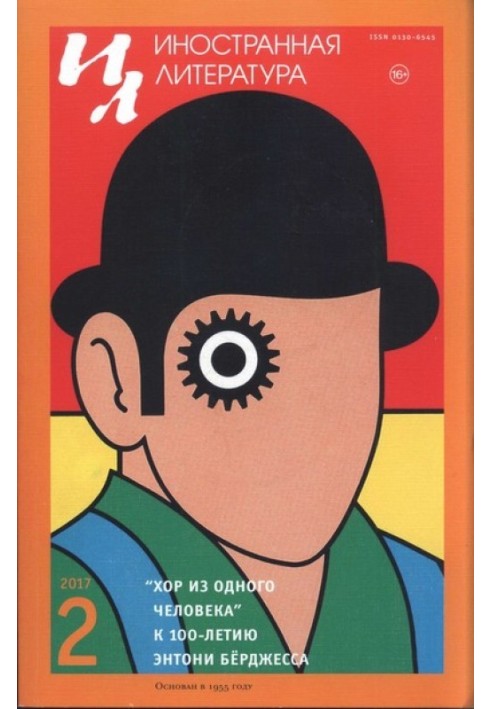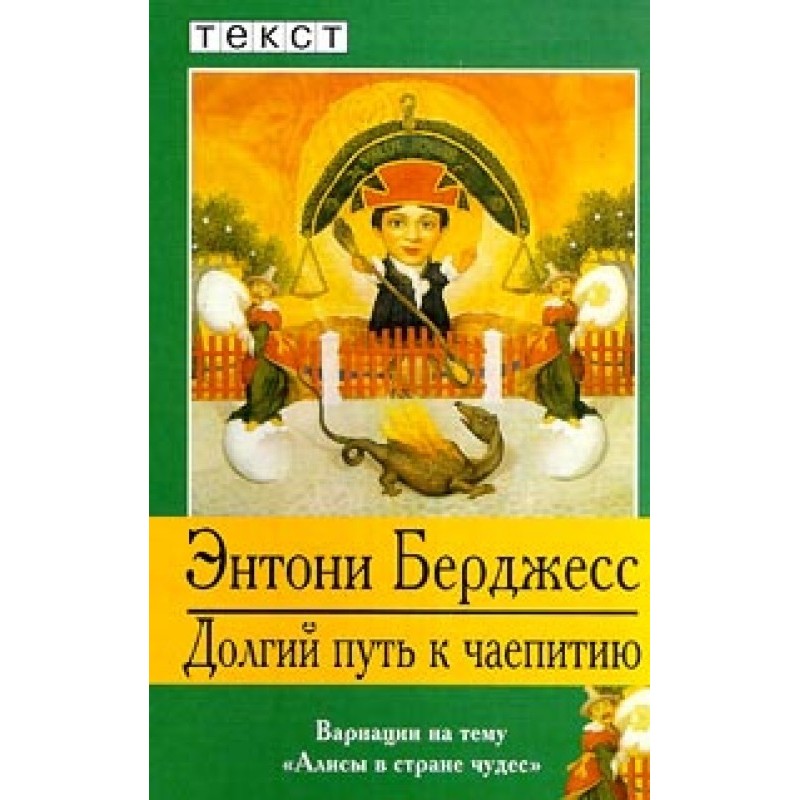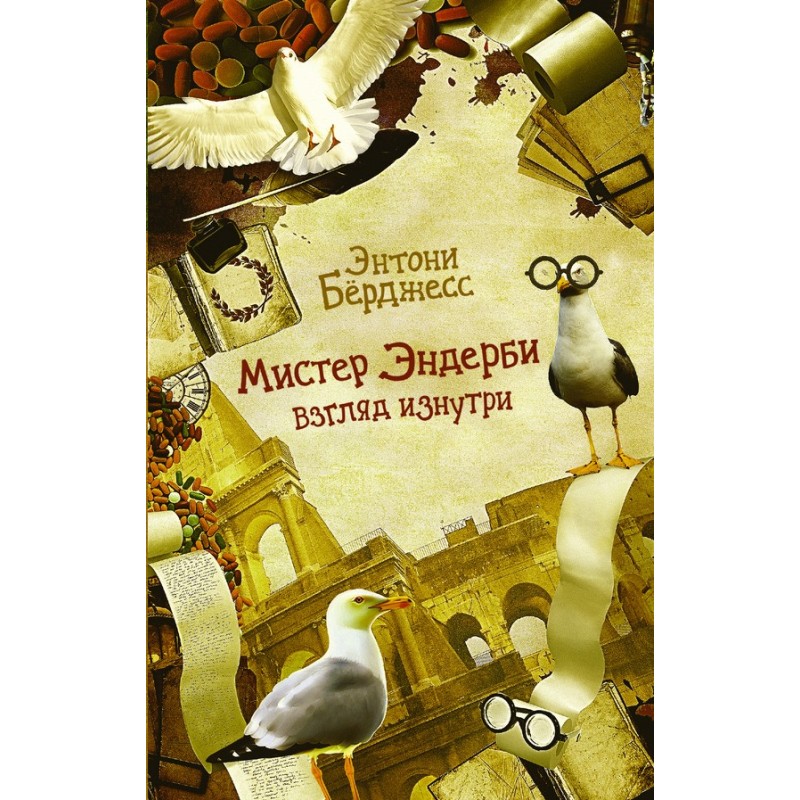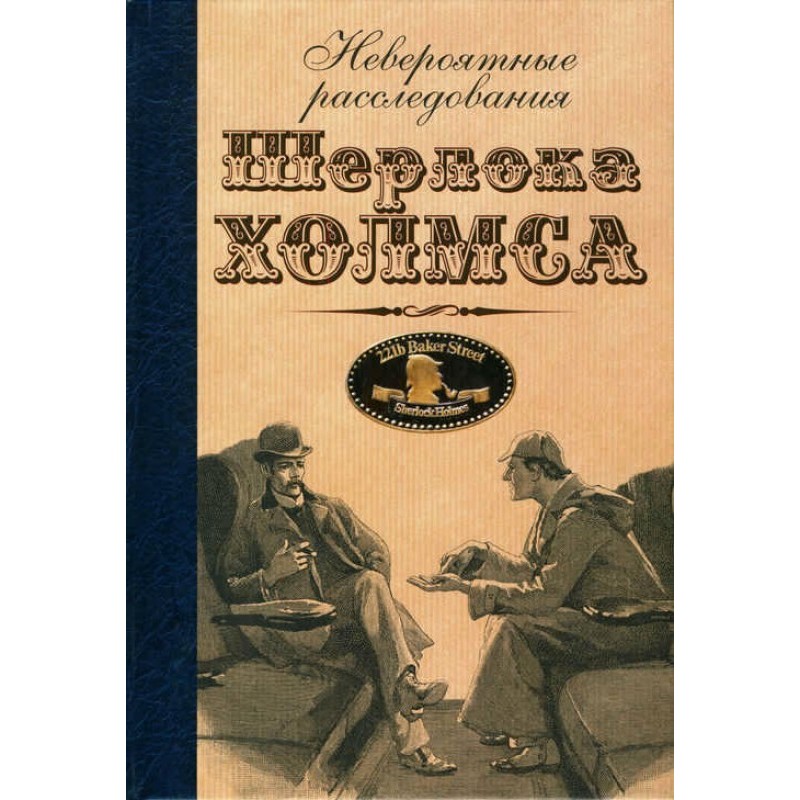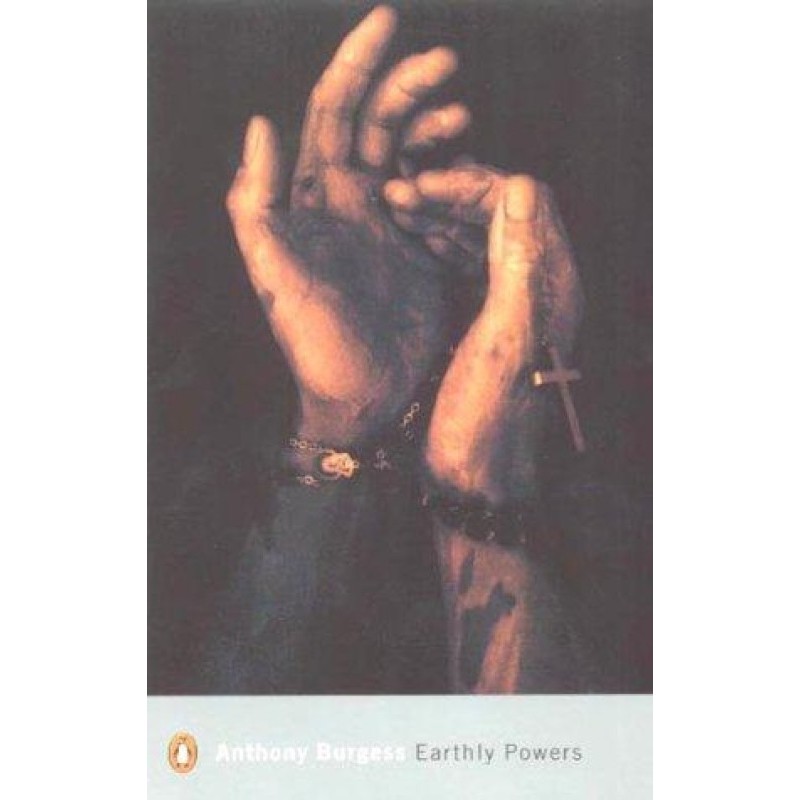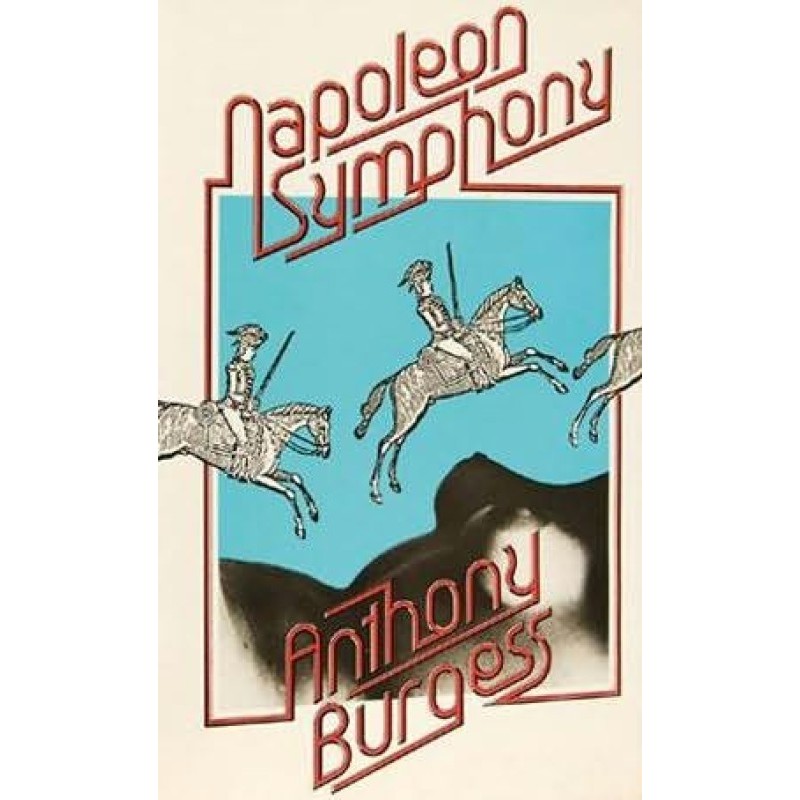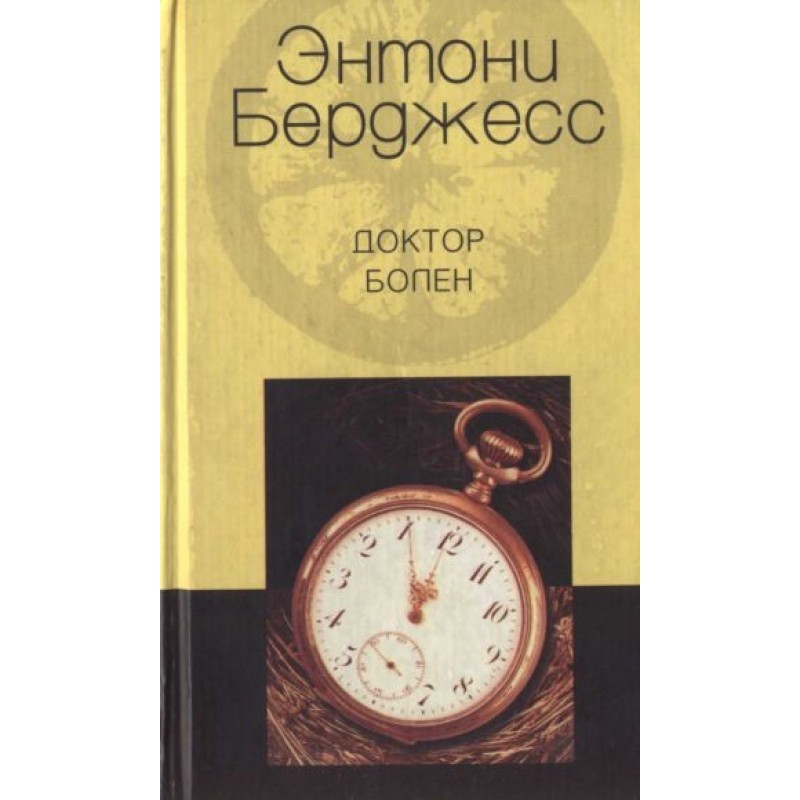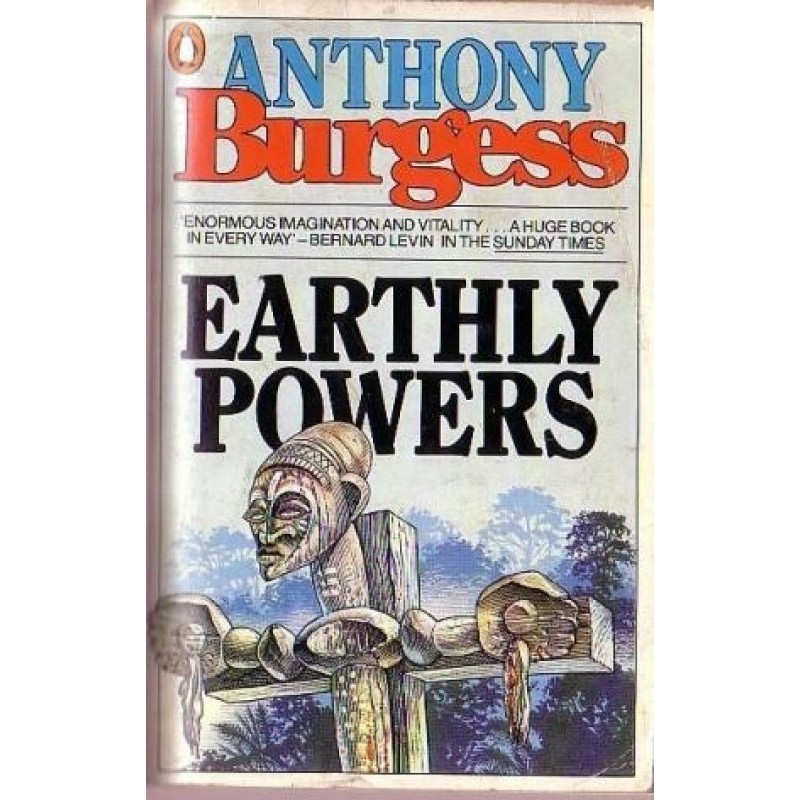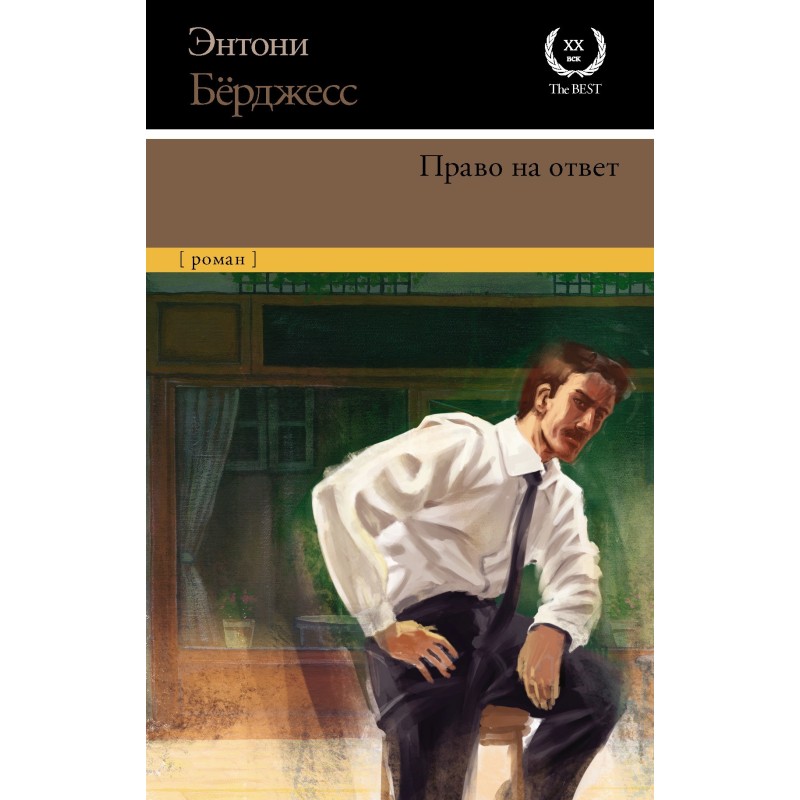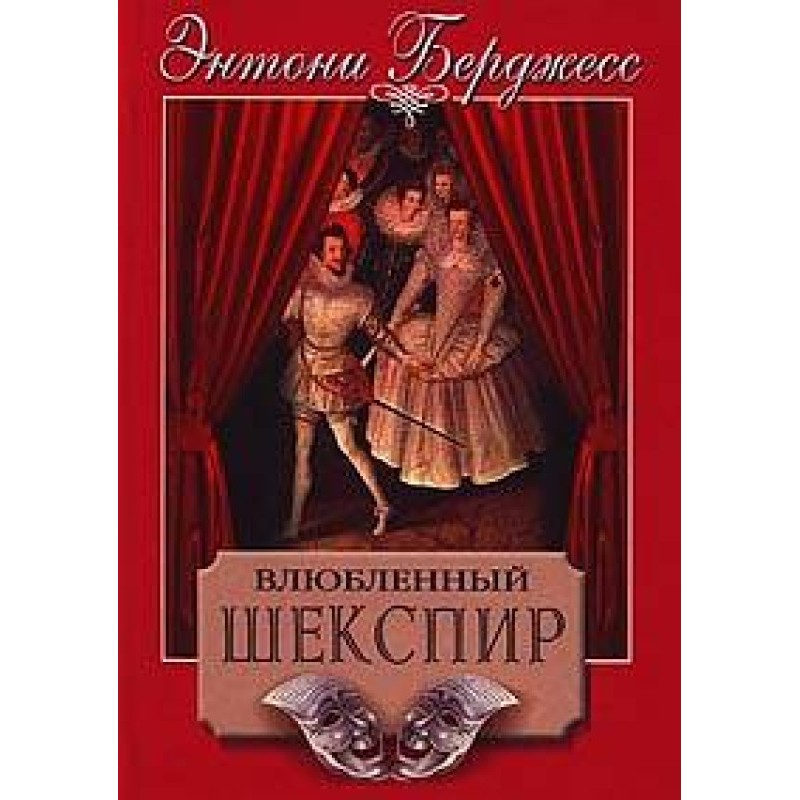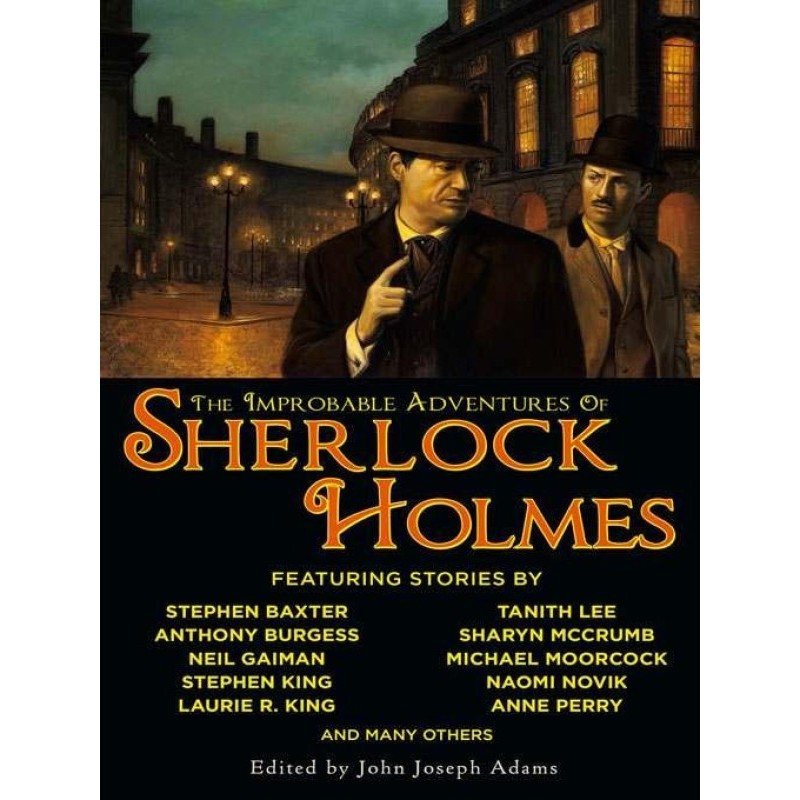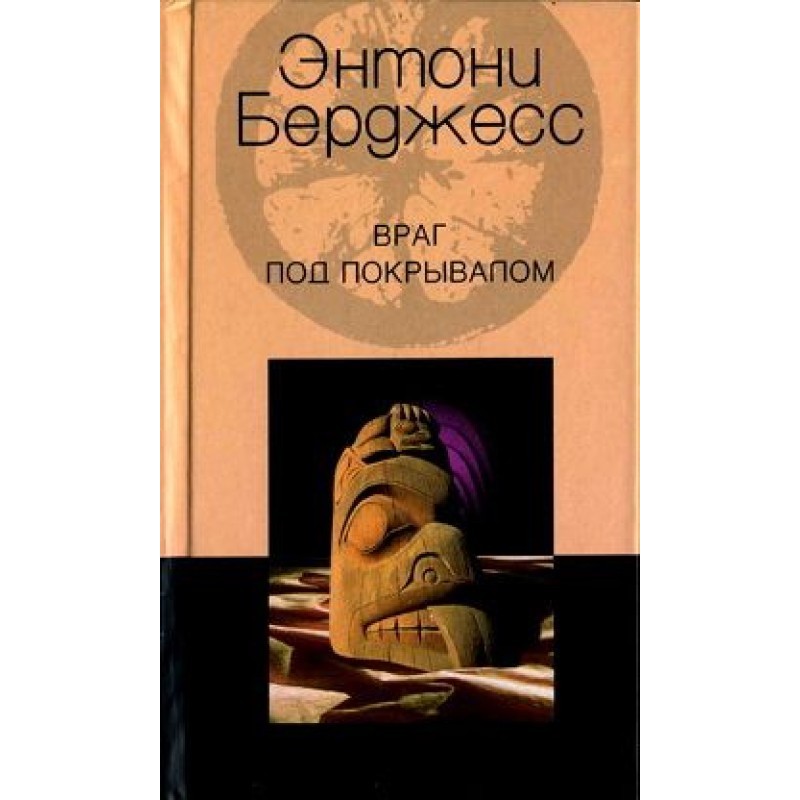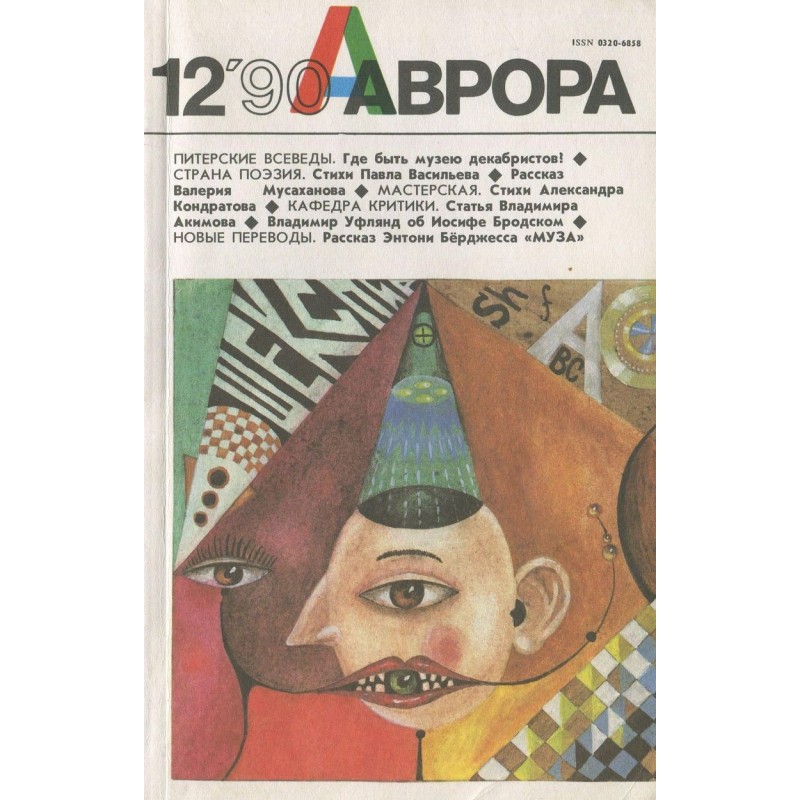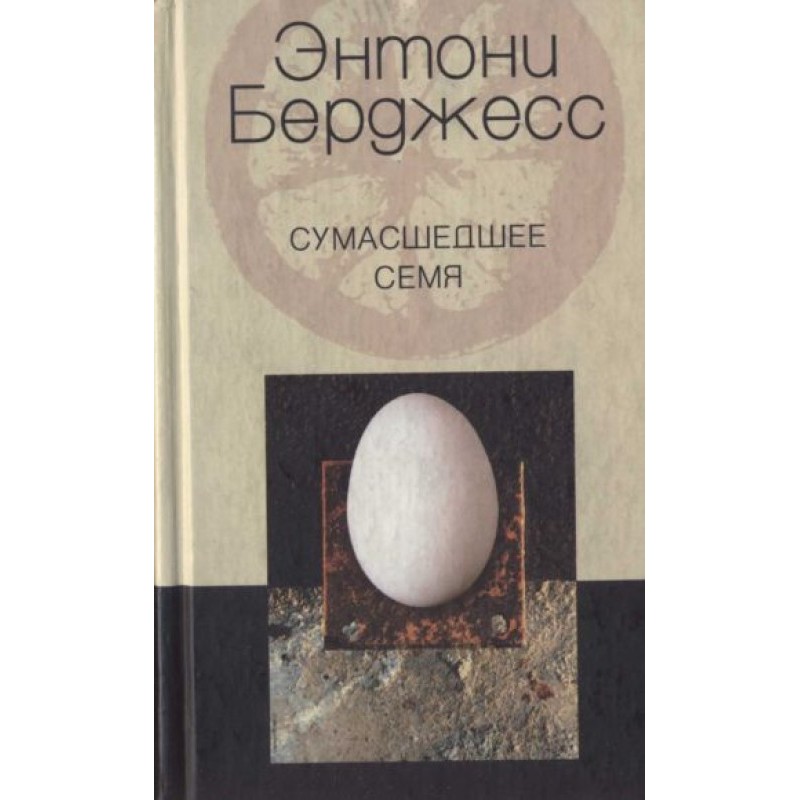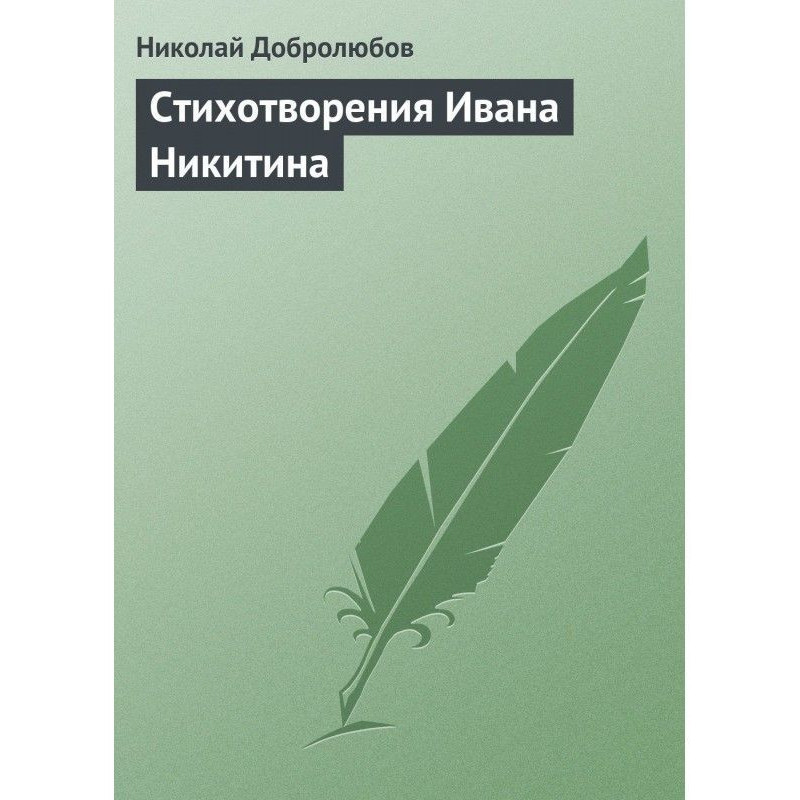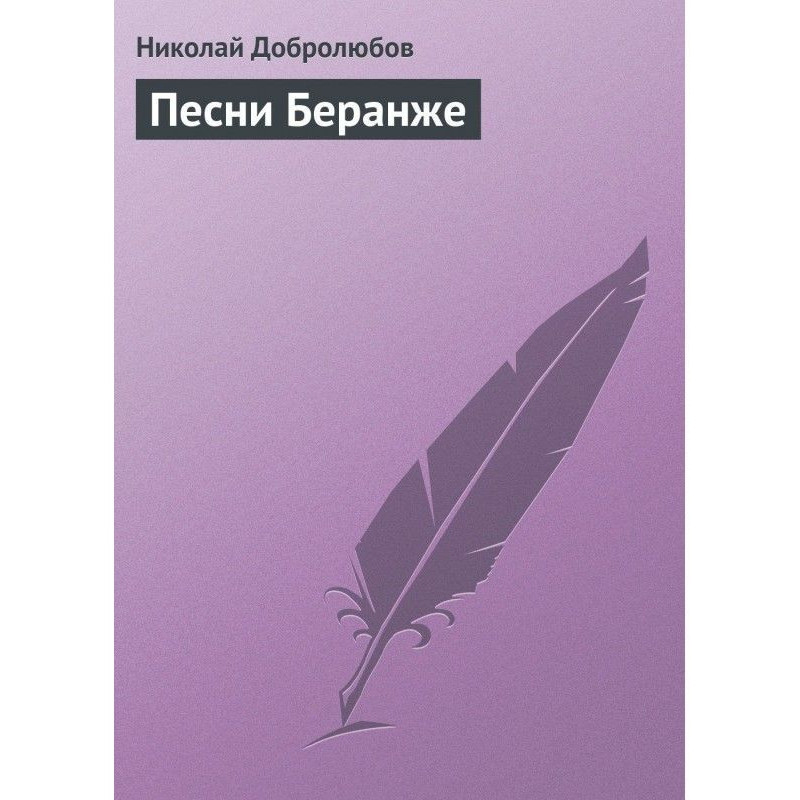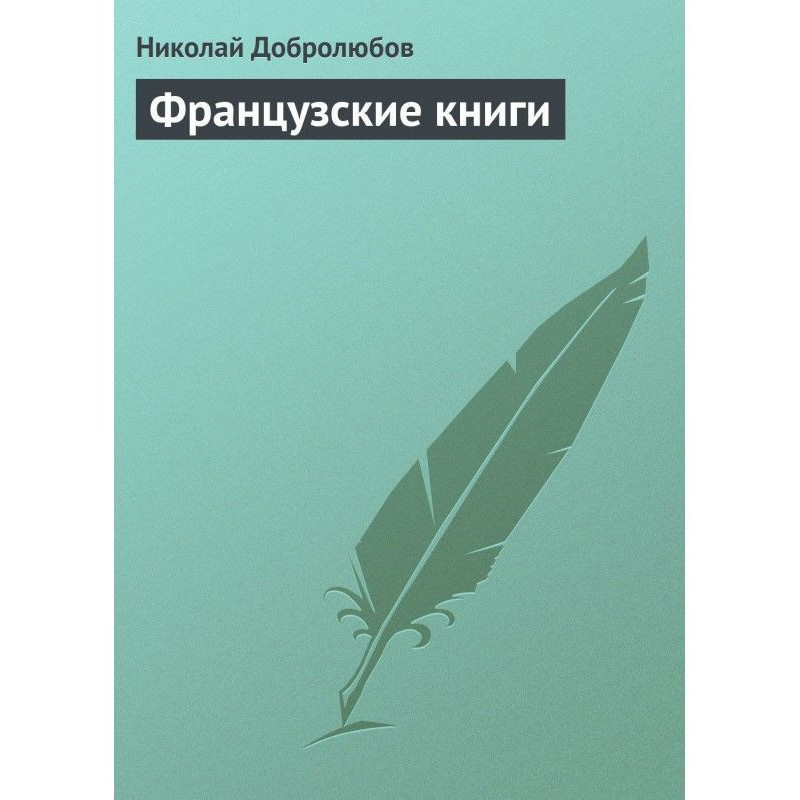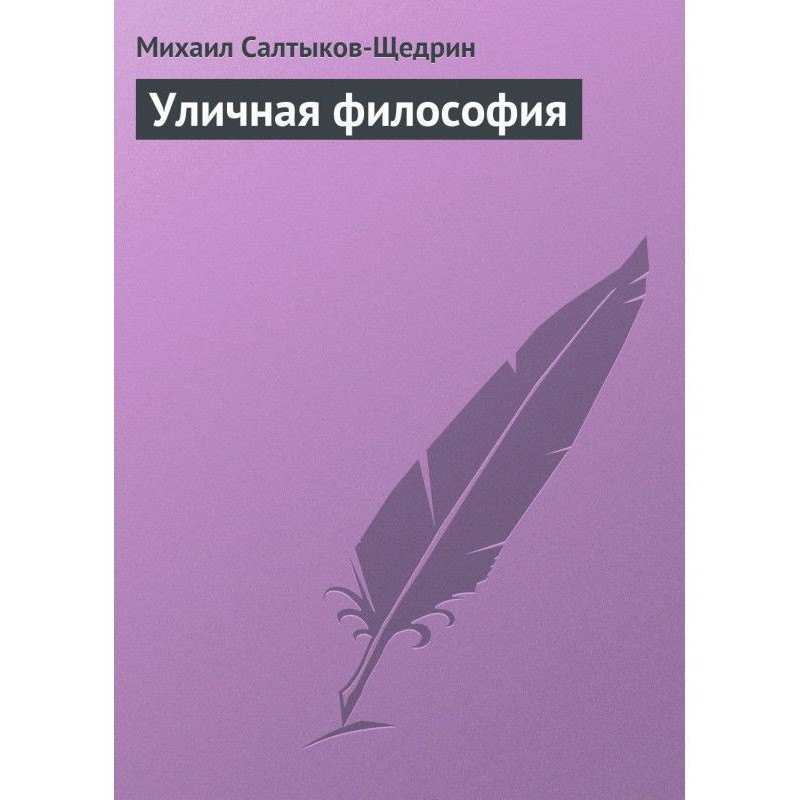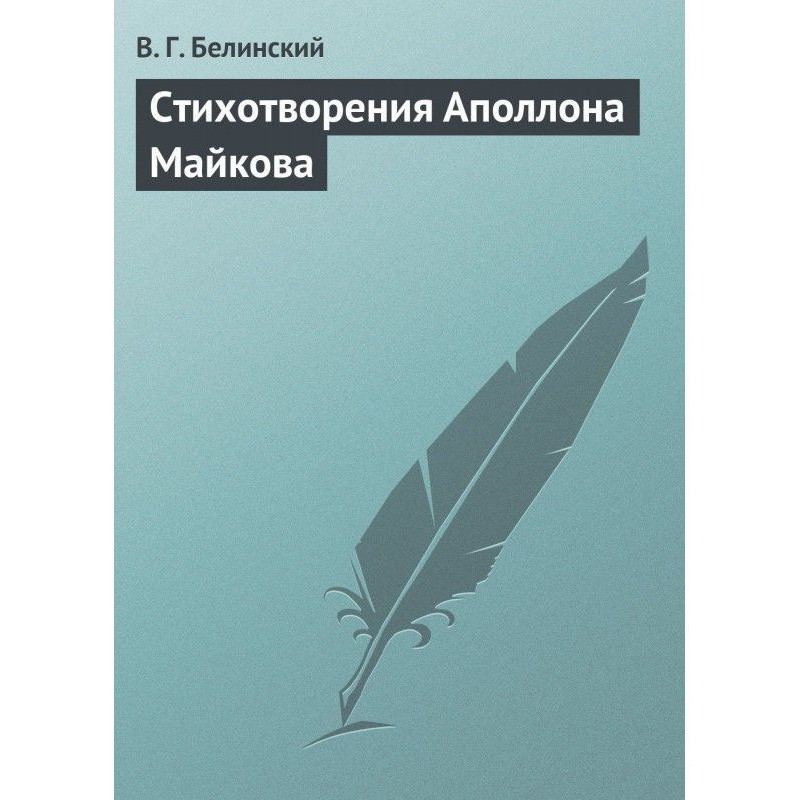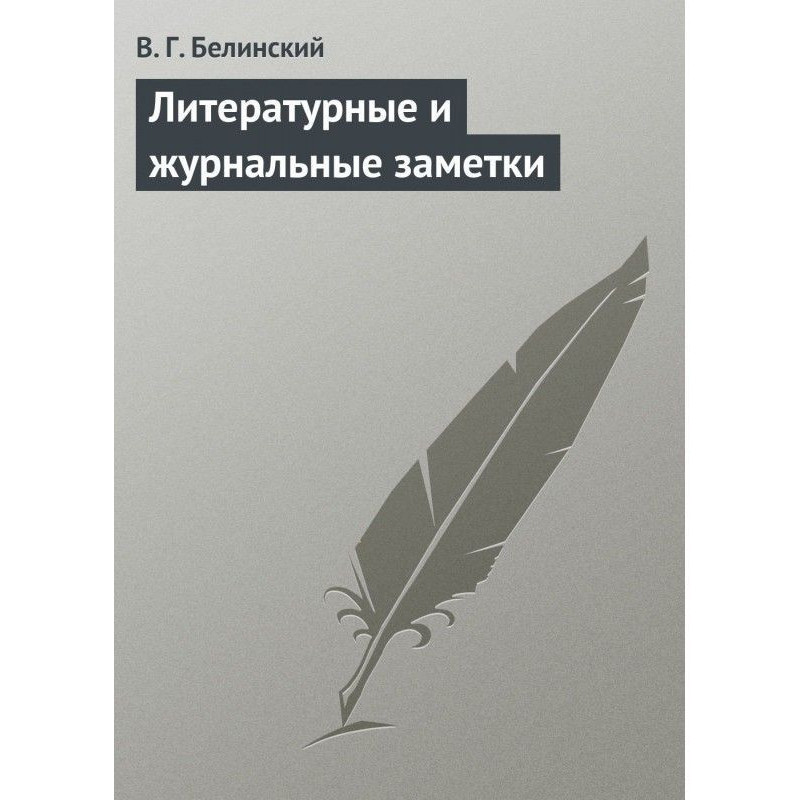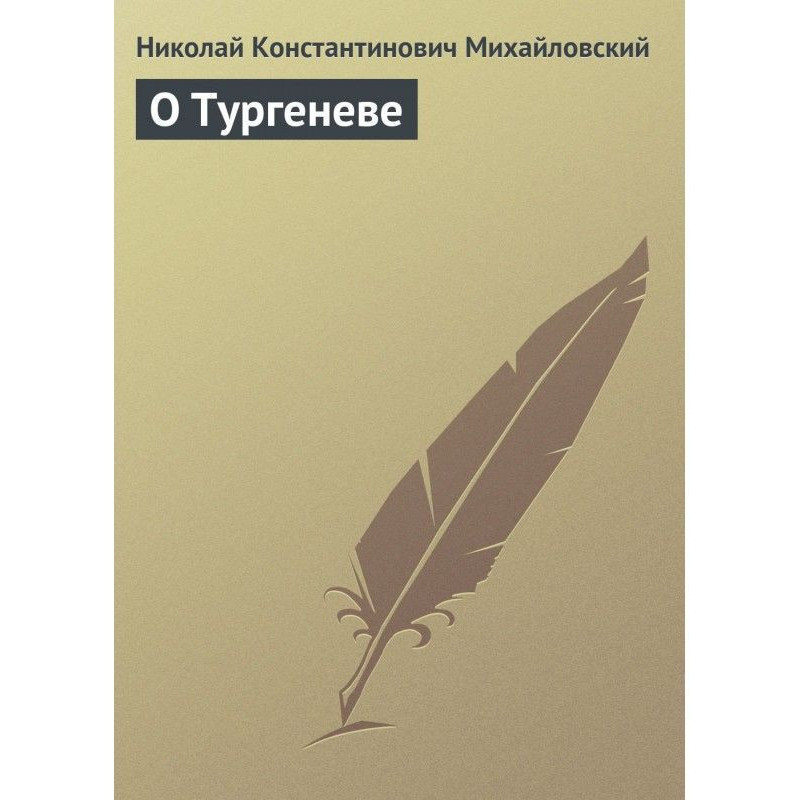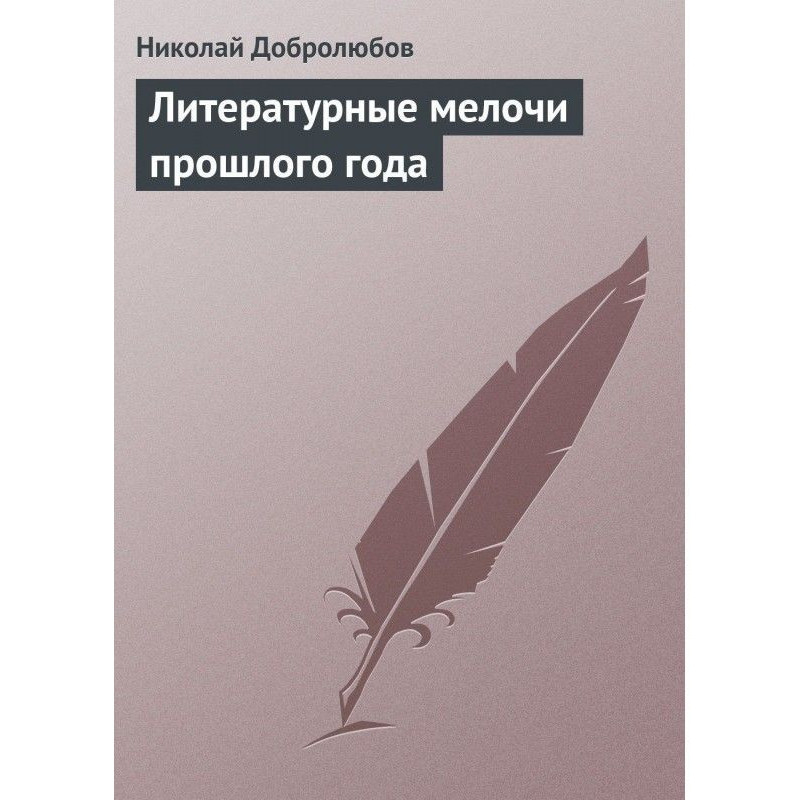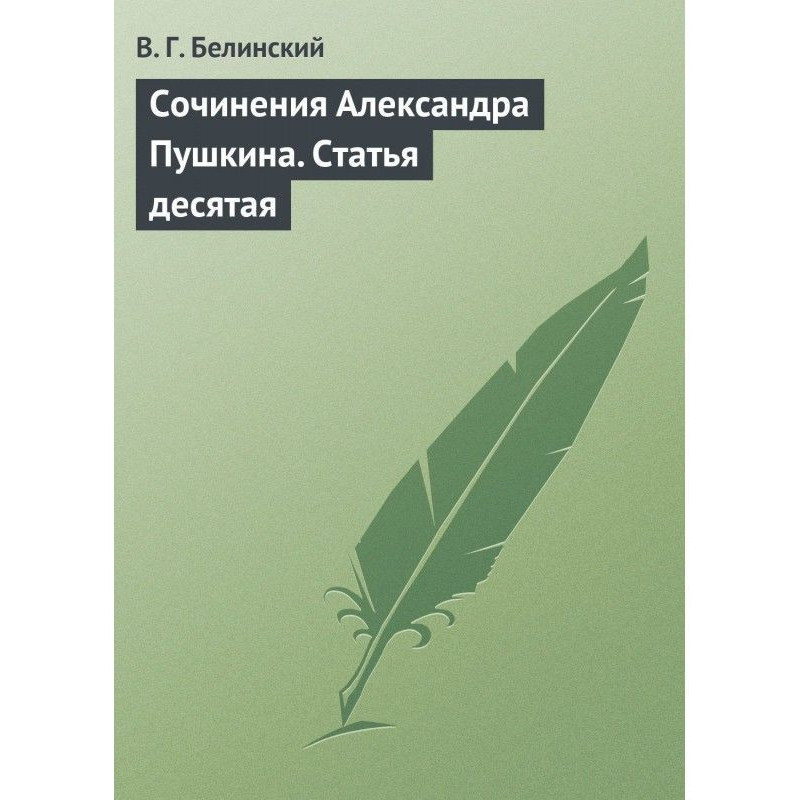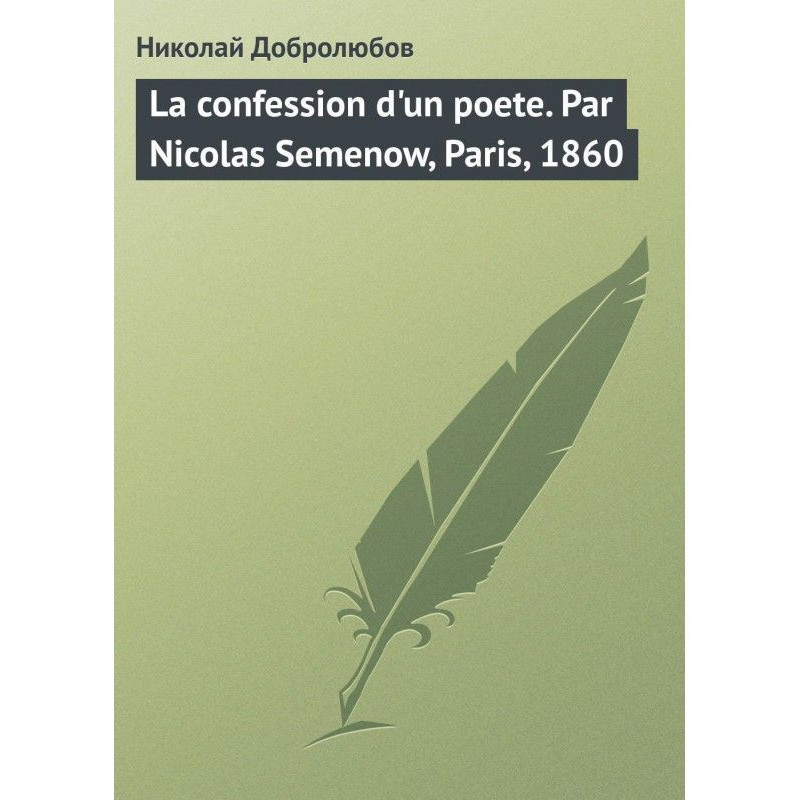One-person choir. Anthony Burgess's 100th birthday
 Instant download
Instant download
after payment (24/7)
 Wide range of formats
Wide range of formats
(for all gadgets)
 Full book
Full book
(including for Apple and Android)
In the introductory note “In the Shadow of A Clockwork Orange,” the compiler of the special issue, critic and philologist Nikolai Melnikov writes, among other things, that the novel “The Right of Reply” and the story “Meeting in Valladolid” offered to the reader’s attention do not have artistic merits are inferior to the famous A Clockwork Orange, which the author gained worldwide fame thanks to the film adaptation, and that Anthony Burgess (1917–1993), “is one of those writers who loses in The Complete Works and wins in The Selected ...”, “IL” hopes to make my modest contribution to the Russian selection of an outstanding English writer. So, the novel “The Right of Reply” (1960) translated by Elena Kalyavina. The main character is a seasoned middle-class businessman who visits his homeland, in a provincial English town, only from case by case. On another such visit, the hero becomes a witness, and gradually a participant, in tragicomic events involving a game of adultery, in which two married couples are initially involved. The novel is written with humor, the most relaxed: “During the month of my absence, my father grew older by more than a month...” The story “Meeting in Valladolid” describes the fictitious acquaintance of Cervantes with Shakespeare, who found himself in Spain with a theater troupe, whose tour was timed to coincide with the conclusion of the peace treaty between Britain and Spain. Translation by A. Averbukh. The two geniuses were contemporaries, and the desire to introduce them, even after 400 years, is quite understandable. Here, for example, are a few lines from V. Nabokov’s poem “Shakespeare”:...I want to imagine that maybe he’s funny and the affectionate creator of Don Quixote talked to you - by chance... In the “Documentary Prose” section - a fragment of Anthony Burgess’s autobiography “Your Time is Gone” translated by Valeria Bernatskaya. You believe this confession, not only because the author admits to weaknesses that are usually hidden, but also because on every page of the memoirs there is work, work, work, and idleness seems to have migrated to the pages of the writer’s numerous works. However, a short tourist trip with his wife to the USSR is described, and Anthony Burgess’s impressions of our fatherland, as they say, are harsh but fair. In the “Articles, Essays” section we have E. Burgess the essayist. In the essay “Success” (translation by Viktor Golyshev), the writer strictly judges success in general and his own in particular: “Success is a similarity death sentence”, “...success causes depression”, “If success has revealed anything to me, it is the extent of my failure.” Also interesting in thought and language are the essay “British Character” (translation by V. Golyshev) and the article “James Joyce: Fifty Years Later” (translation by Anna Kurt), dedicated to the anniversary of the death of the English classic. The “Interview” section is also interesting. “Exploring the recesses of consciousness” is the title of a large, informative and slightly angry interview by Anthony Burgess with John Cullinan, translated by Svetlana Silakova. Here are a few quotes from him to give an idea of the tone of the monologue: “I wrote a lot because they paid me little”; “Joyce’s techniques cannot be applied without being Joyce. Technique is inseparable from the material”; “All my novels... are conceived, one might say, as serious entertainment...”; “Literature seeks truth, but truth and virtue are different things”; “All we can do is continually harass our government... make mistrust a habit.” And finally: “...if I had enough money, I would give up literature the very next day.” In the section “The Writer in the Mirror of Criticism” - laudatory and abusive responses of prominent English and American authors to the works of Anthony Burgess. Grenville Hicks, Peter Ackroyd, Martin Amis, Paul Theroux, Anatole Brouillard translated by Nikolai Melnikov, and Gore Vidal translated by Valeria Bernatskaya. And at the end of the issue - “Among books with Anthony Burgess.” Three reviews: John Barth's novel The Goat Boy, Andrew Field's monograph Nabokov: His Life in Art, and William Burroughs' novel Cities of the Red Night. Translation by Anna Kurt.
Foreign literature, 2017 No. 02
Data sheet
- Name of the Author
- Николай Мельников Георгиевич
Энтони Берджесс - Language
- Russian
- Translator
- Александр Александрович Авербух
Анна Владимировна Курт
Валерия Ивановна Бернацкая
Виктор Петрович Голышев
Елена Юрьевна Калявина
Светлана Владимировна Силакова
Reviews
Відзначення генія Ентоні Берджесса
Книга "Хор із однієї людини" - це справжнє свято для всіх шанувальників творчості Ентоні Берджесса, яке вдало поєднує в собі його найкращі роботи та думки про літературу, успіх і життя. Вступна замітка Миколи Мельникова відкриває читачеві нові грані творчості Берджесса, підкреслюючи, що його менш відомі твори, такі як "Право на відповідь" і "Зустріч у Вальядоліді", заслуговують на таку ж увагу, як і "Заводний апельсин". Роман "Право на відповідь" вражає своїм гумором і іронією, а оповідання про Сервантеса та Шекспіра занурює в атмосферу творчості двох геніїв. Особливо вразила автобіографія "Твій час минув", де Берджесс щиро ділиться своїми переживаннями та роздумами про успіх і невдачі. Інтерв'ю з ним також викликає захоплення, адже його думки про літературу та життя вражають своєю глибиною і чесністю. Ця книга - не лише данина пам'яті великому письменнику, а й чудовий спосіб познайомитися з його творчістю та філософією. Рекомендую всім, хто хоче зрозуміти, що стоїть за генієм Берджесса і чому його роботи залишаються актуальними й сьогодні.

